We are proud to be supporting Black Maternal Mental Health Week this week. It is a fact that women and birthing people from the black communtiy are more likely to experience stillbirth and miscarriage and that they are the least likely to access support in the aftermath. We know just how significant our specialist counselling can be during these devastating times and are working hard to make it accessible to everyone who needs it. We are so grateful to Petals’ client, Yvonne for sharing her story with us today. Yvonne talks movingly about the precious days spent with her baby girl, Nasiyah, following her birth and the pain, grief and hopelessness that followed. She also discusses the difficulties the black community faces in reaching out for support at such an isolating time.
Writing this blog piece has been more difficult than I anticipated, because it is so difficult to narrow down and conceptualise the impact of baby loss on your mental health, in a way that people can grasp and understand.
Never, ever, ever did I think my baby would die inside of me. Even when I was told that there were difficulties with my placenta, that was impacting the blood flow to my daughter Nasiyah, I remained hopeful. Even when I was told that I could potentially die if I decided to continue with my pregnancy, I chose to, I chose her, because my baby was and still is, worth everything to me. I was ready to risk my life, if it meant that she could have hers.
How then was I meant to continue when Nasiyah died? I asked myself this frequently. We had spent so long fighting to keep her with us, defying all odds, for it to end like this? We spent two days with Nasiyah in hospital after I gave birth to her. She was so normal, a good size baby, 10 fingers, 10 toes, even a head full of hair. She had that baby smell and her skin was so soft. She just wasn’t breathing; her body was still and limp, her eyes were closed and I didn’t hear her cry. My mind struggled to understand the death of my baby. She was here? But she wasn’t.
During those two days, I found myself having bouts of happiness whilst I was holding her. My mind was trying to trick me that all was ok because the reality of what was happening was too much to process. It was easier for me to believe that she was just sleeping and would wake up soon. I didn’t tell anyone this, I would just sit in the alternative reality for hours. It allowed me to pretend, for just a little longer, that Nasiyah would remain with us. We bathed her, changed her clothes, changed her nappy, read her stories and played her nursery rhymes. I still wanted to give her the world, I wanted to feel like a mother, but how do you do that when your baby is dead?
“Do you want to take medication to stop your breast milk?” One of the bereavement midwives asked. I accepted, I had to, my plan to nurse Nasiyah had been taken from me. Meanwhile, my mind was still trying to protect me, she’s just sleeping, she will wake up soon.
Then the day came when we had to leave her. I asked how she would be taken to the mortuary, and they showed me a metal box. I felt sick, physically sick, my body curled over and I had to be held up by my husband, sister and my mother. How does a baby who you fought so hard for, who you had planned a future with be taken from you just like that, and placed in a metal box? “I have to be the one to do it”, I spoke to myself internally, “you’re her mother, you have to do it, she has to know that you are still here.”
When we got home that evening, I wailed like I never have before. The internal pain I was going through was unbearable. What would I do now? How was I expected to continue living after this? I still couldn’t understand it all. The face of my mother when she would see and hear me cry, there was so much pain, she had no words that could fix this.
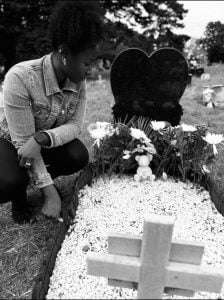
The next morning I woke up, lost, a heavy sinking feeling in my chest, anxiety riddled my stomach. But what was I still scared of? The worst had already happened to us. The same followed every day when I would open my eyes. I would count my days… day 1, day 2, day 3… I was still going, I was still here but Nasiyah was not. I couldn’t make sense of this.
My mind was still trying to protect me, now trying to compartmentalise Nasiyah’s death, a silent mental struggle. Everyday was a tug of war in my mind, the pain of grief was too much to just sit in. I needed to speak about her, I needed to talk about what happened. I felt so hopeless. I remember being so desperate to talk about Nasiyah with someone who looked like me, and had experienced baby loss, I found a lady on Instagram who has spoken openly about her experiences of baby loss. I didn’t know her; all I knew is that there was a big possibility she could understand the pain that I was in. I called her on Instagram, but she didn’t pick up, so I sent her a message and explained that I was just so desperate to speak to someone. Eventually she called me back and just let me speak openly, with no barriers around what I could and could not say about my baby.
Within our society baby loss is a taboo, not often spoken about openly, with families left in isolation to deal with the depths of emotional pain which follows after you lose a child. Within the black community, mental health is not readily understood and the need to understand it often gets lost in fear; fear of the unknown, fear of being misunderstood, fear of showing vulnerability and talking about your “business” with people who cannot be trusted. Especially when those people do not look like you.
When you couple these two factors together, alongside many others, how then would counselling ever feel safe enough to go to? How would you ever understand my experiences, not only as a bereaved mother but as a black bereaved mother?
My experience of the health care system has left me very untrusting of health professionals because Nasiyah being still born was avoidable, however I cannot speak on this too much at this juncture. This experience left me in a very difficult position because as a social care professional myself, I knew all about the benefits of counselling, but my default cultural view on it, in addition to my own experiences of feeling let down by professionals who were culturally unaware, insensitive, and did not understand the whole of me as a black woman, left me sceptical about what I could gain from counselling.
But I was desperate. I needed a safe consistent space that would allow me to talk about Nasiyah and explore the depths of my grief, so I started counselling with Petals. Meeting my counsellor for the first time was interesting. She was a white woman, which instantly could have been a barrier for me, but she was kind, welcoming in her words, with soft eyes. She cried with me, she truly cared about what had happened to me, about what has happened to Nasiyah. She encouraged me to tease out every emotion I was feeling at that given time, there was no judgement, only warmth and she wasn’t scared to ask me certain questions, such as my labour experience and things that my mind had compartmentalised.
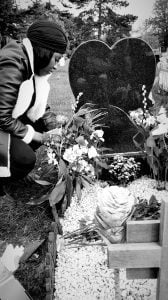
Undertaking bereavement counselling with Petals has allowed me to confidently live my life alongside Nasiyah. I feel no shame or awkwardness when I speak about my daughter, I feel very proud of her and will always acknowledge and honour her. Bereavement counselling with Petals has been fundamental in my ability to continue to function after baby loss. I have had a safe space where I can always talk about Nasiyah, and I haven’t had to sit in my pain alone. I have consistently explored, teased out, and asked questions about what happened to my family. Whilst many questions remain unanswered and probably will be for the rest of my life, I am grateful that Nasiyah was, that I ever got to experience her, and she will continue to live alongside me for the rest of my life. Knowing that I do not have to pretend that she did not exist, gives me the strength needed to keep going each day on this journey of grief.
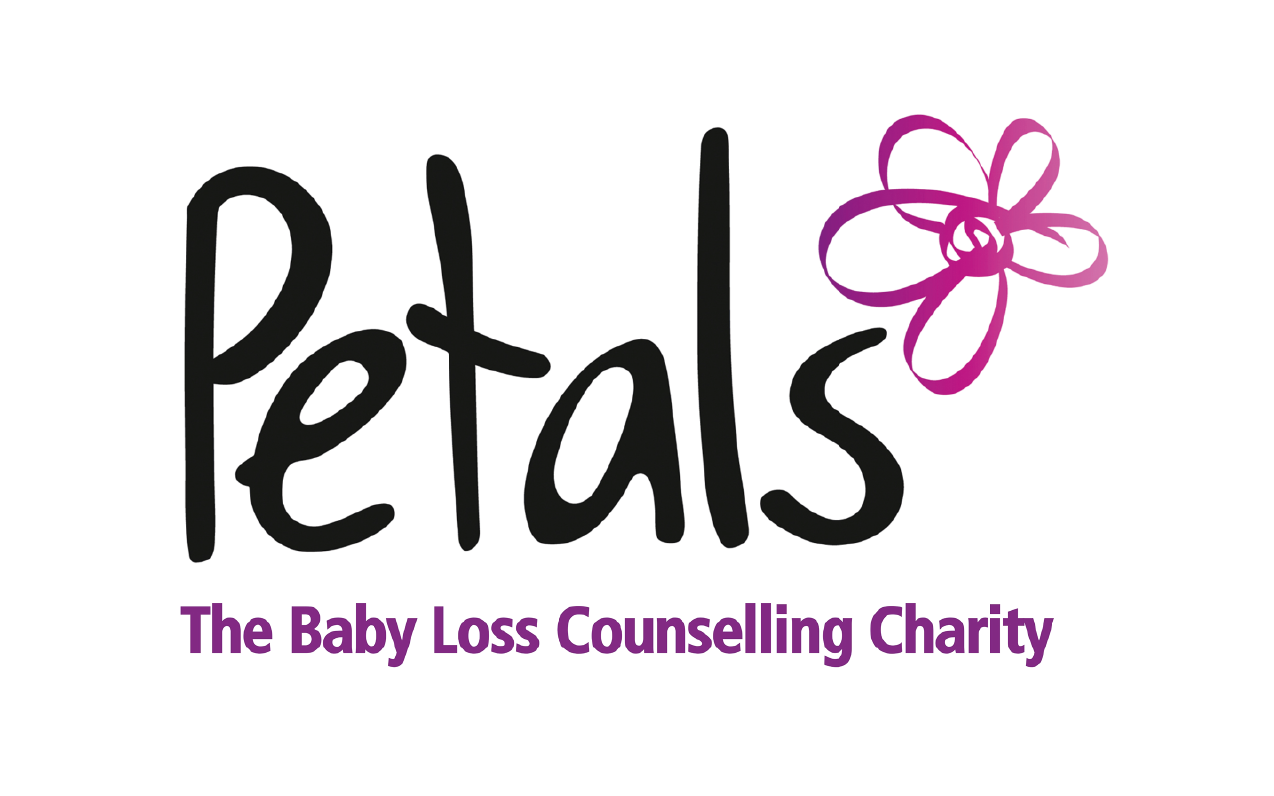
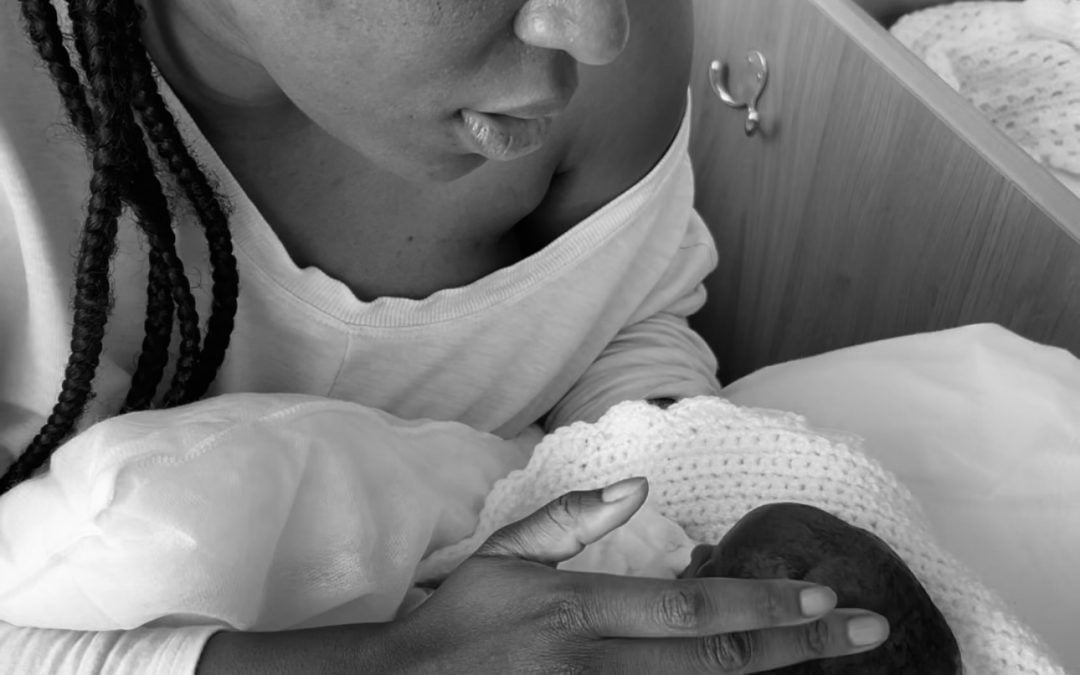
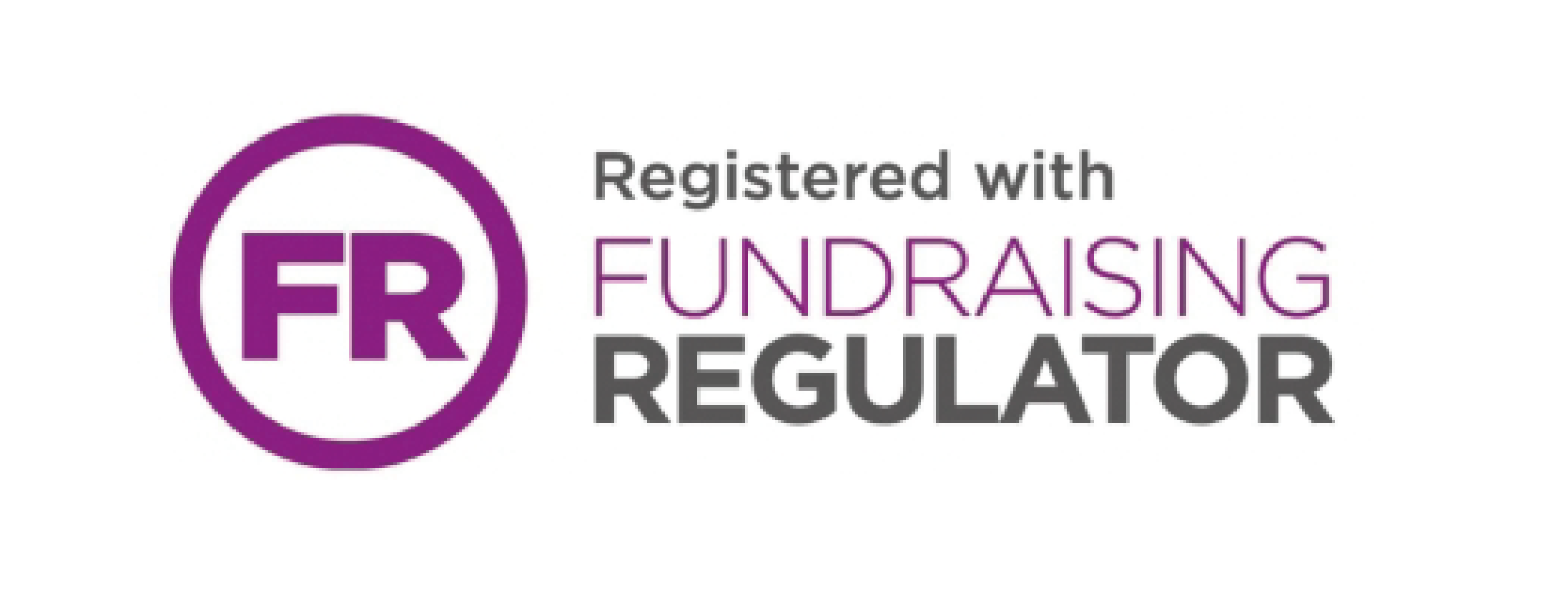
So proud of both Yvonne and Nasiyah for bringing awareness to this tragedy and using their experience to encourage others to not suffer in silence. So important that other mothers and families can receive the support that’s out there. God bless you both ❤️
Thank you for sharing your story. There are similarities in our stories and I feel your pain. I appreciate you so much.